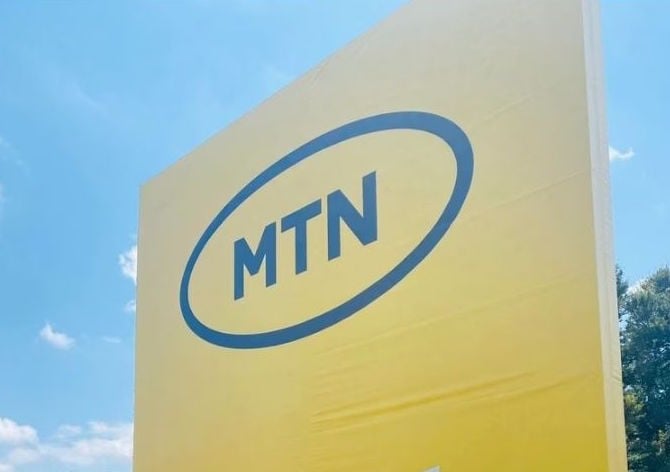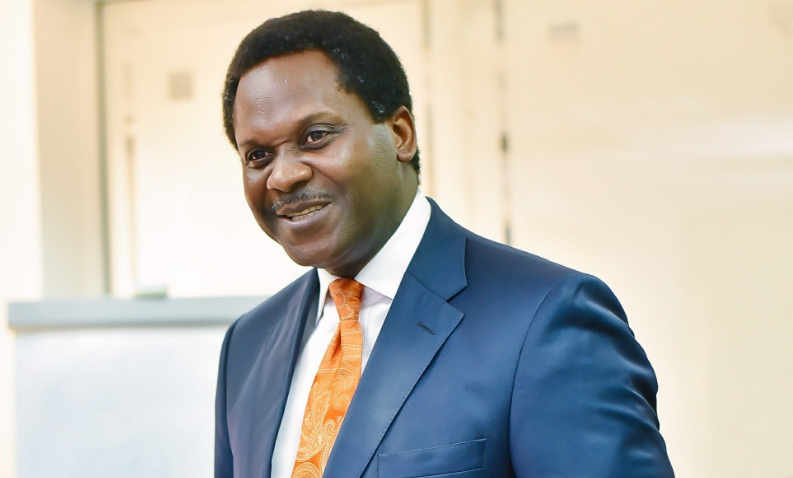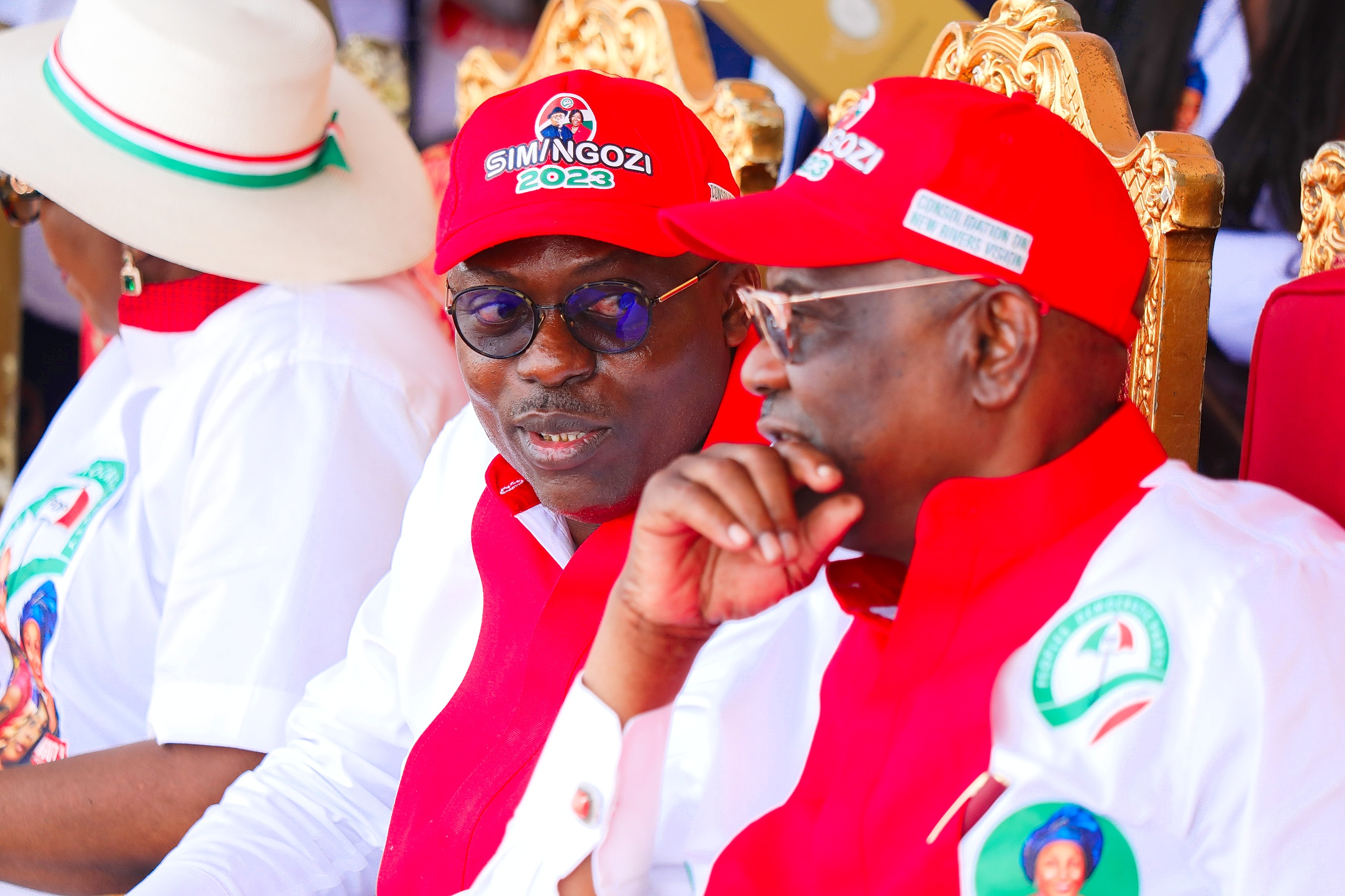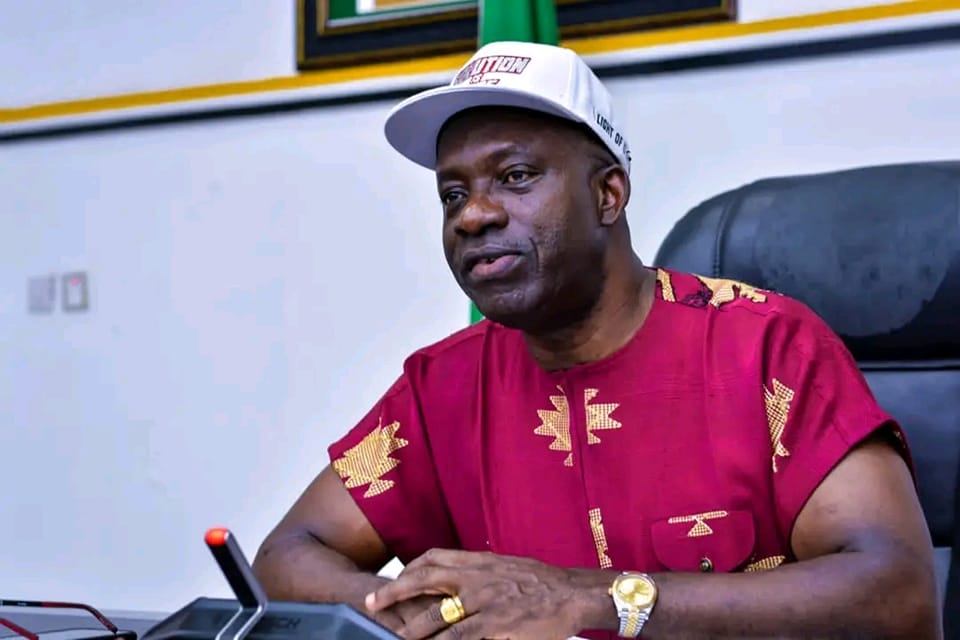One of the most profound headlines for me in those days came from a Nigerian magazine whose name I can’t recall. Big Fish Swallow Small Fish was the title of the story. I think it was in the 80s, I am not so sure any more, but it remains etched in my memory till the end of time. I am sure that story was about the practice of big organisations just swallowing small ones in corporate takeovers without even a wince.
Since then there have been so many swallows. Especially under democratic dispensation, individuals have swallowed up whole states. Some more audacious undertakers have even tried to swallow the nation but the process appears more convoluted and complicated, unfortunately for them.
As I received quite a number of calls in the past few weeks, with a number of callers asking concernedly whether frontline mobile operator MTN was buying 9Mobile, that headline came all over again with a rhythm as haunting, if not a threnody. Is MTN, the dominant operator in the country’s mobile ecosystem swallowing up the struggling 9Mobile, the big fish swallowing small fish?
From findings within the Nigerian Communications Commission (NCC), this writer can state without equivocation that there is no arrangement for MTN to buy 9Mobile although there are spectrum trading discussions between the two organisations which has not even been brought to the attention of the regulator, according to my sources.
Advertisement
There are Guidelines for Spectrum Trading published on the NCC website, www.ncc.gov.ng, but there are no provisions therein for one organisation to swallow up the other. The Guidelines are strictly for Spectrum Trading, spelling out conditions that will make such a transaction possible.
The Spectrum Trading Guidelines 2022 provides a Secondary Market for operators to sell and buy unused spectrum and thus be able to put such spectrum to effective and efficient use in providing needed services for the telecommunications industry. This, the NCC projects, will help in good service roll out, coverage and affordability.
The scope covered under Spectrum Trading includes: Spectrum Transfer, Spectrum Leasing and Spectrum Sharing.
Advertisement
However, the Guidelines demand that “both the Buyer and the Seller must be in good regulatory and financial standing with the Commission for a minimum of two (2) prior to the time of trading.” All such transactions must carry the imprimatur of the NCC who bears the onerous responsibility of ensuring that all spectra must be put to effective and maximum use across the nation.
Under the Guidelines as already stated there are no provisions for a complete sale and takeover of a telecoms operator especially at the level of MTN and 9Mobile. Should an organisation fail, sale and approval will have to be done at a different level.
Unfortunately for 9Mobile, every whisper and assumption has almost assumed the shape of reality. The company has been in troubled waters financially even before the Etisalat Group of the United Arab Emirate (UAE) left Nigeria in 2017, leading to a corporate scramble in which about 16 organisations, among them, MTN, Airtel, Ntel, Virgin Mobile from the United Kingdom, Vodacom from South Africa, Bua Group, Morning Side Capital Partners, Obot Etiebet and Co, Teleology Nigeria Ltd, Smile Telecoms Holding, and Hamilton and George International Limited were jostling to acquire the ailing organisation.
Fortunately, Teleology won with a bid of $301m over Smile Telecoms which had put in an offer of $300m. 9Mobile’s problem only became more convoluted and complicated. Even before the final announcement and approval by the NCC, there was already a split in Teleology whose top officials were fighting over a game that had not been properly harvested.
Advertisement
The cumulative impact of what is happening at 9Mobile is devastating. An NCC source told this writer that the regulator did a health check on 9Moblie; “what we got wasn’t too good but redeemable if management is put right.”
In the process of fighting for survival, 9Mobile, we gathered, was involved in a lot of financial engineering. The operator is indebted to Keystone Bank, AfrEximBank, unable to pay interconnect fees to other operators and also unable to pay spectrum and annual operating levies (AOL) to the regulator. The workers are leaving in droves and its subscriber base has plunged from over 22m to as low as between 6m and 7m, although the NCC still records 13.58m on its website, a figure which even the workers of the Commission are questioning.
Some sources within the Commission admit regulatory failure concerning 9Mobile, saying that they have no idea why former EVC, Prof Umar Danbatta was unusually soft to the organisation, a regulatory failure or misguided help that may have further pushed the operator into the mire.
The good news however, is that in spite of the travails of 9Mobile there are new investors ready to come into the business, take share control and inject new funds into the organisation and give it a new life. But my source cautioned that the current Board should forsake its present intransigence for a redeeming corporate survival to take place.
Advertisement
While it is important to state here that 9Mobile may qualify for Spectrum Trading, the organisation is not being sold in whole but is discussing to put some parts of their spectrum for sale, not all of them. Selling all of them would mean that 9Mobile will not have capacity to operate any more and that will not enjoy the approval of the NCC.
Without a doubt, the NCC’s position will be informed by the Nigerian Communications Acts 2003 and Spectrum Trading Guidelines 2022. But one of my NCC sources says: “For me, if such a transaction will make MTN own too much spectrum, it is not good. MTN has already bought the 700MHz from the National Broadcasting Commission (NBC) and Visafone 800MHz through the back door. It may not make regulatory sense if the NCC sanctions the spectrum trading transaction whenever the matter is tabled before the regulator,” the source noted.
Advertisement
Meanwhile, 9Mobile needs help very urgently to stay alive as a corporate entity. The regulator has been complicit in extending a helping hand, sometimes too generously. In a flash of such generosity, the NCC on May 8, 2023, in the final days of the Buhari administration, waived over N70bn in spectrum fee payment to the Nigerian government. The letter was signed by Danbatta and this writer has since learnt that it was a deal conjured between him and former Minister of Communications and Digital Economy, Dr Isa Pantami, and pressed on the government for high level approval.
That shot in the arm didn’t bring so much life to 9Mobile. More may still have to be done to rescue the organisation from palpable demise. The Spectrum Trading transaction may be one of such opportunities to scratch up cash for sustenance.
Advertisement
On this I agree with my NCC source. “All we just want as a regulator is for the business to work well and deliver service to customers,” the source stated.
Nothing could be closer to the truth. The telecommunications industry, like every other industry, is about service, the customer and affordability of services. The regulator needs to do more to return the industry to its glory days through lithe regulatory services capable of creating the right operating environment for industry harmony and performance.
Advertisement
Views expressed by contributors are strictly personal and not of TheCable.
Add a comment







